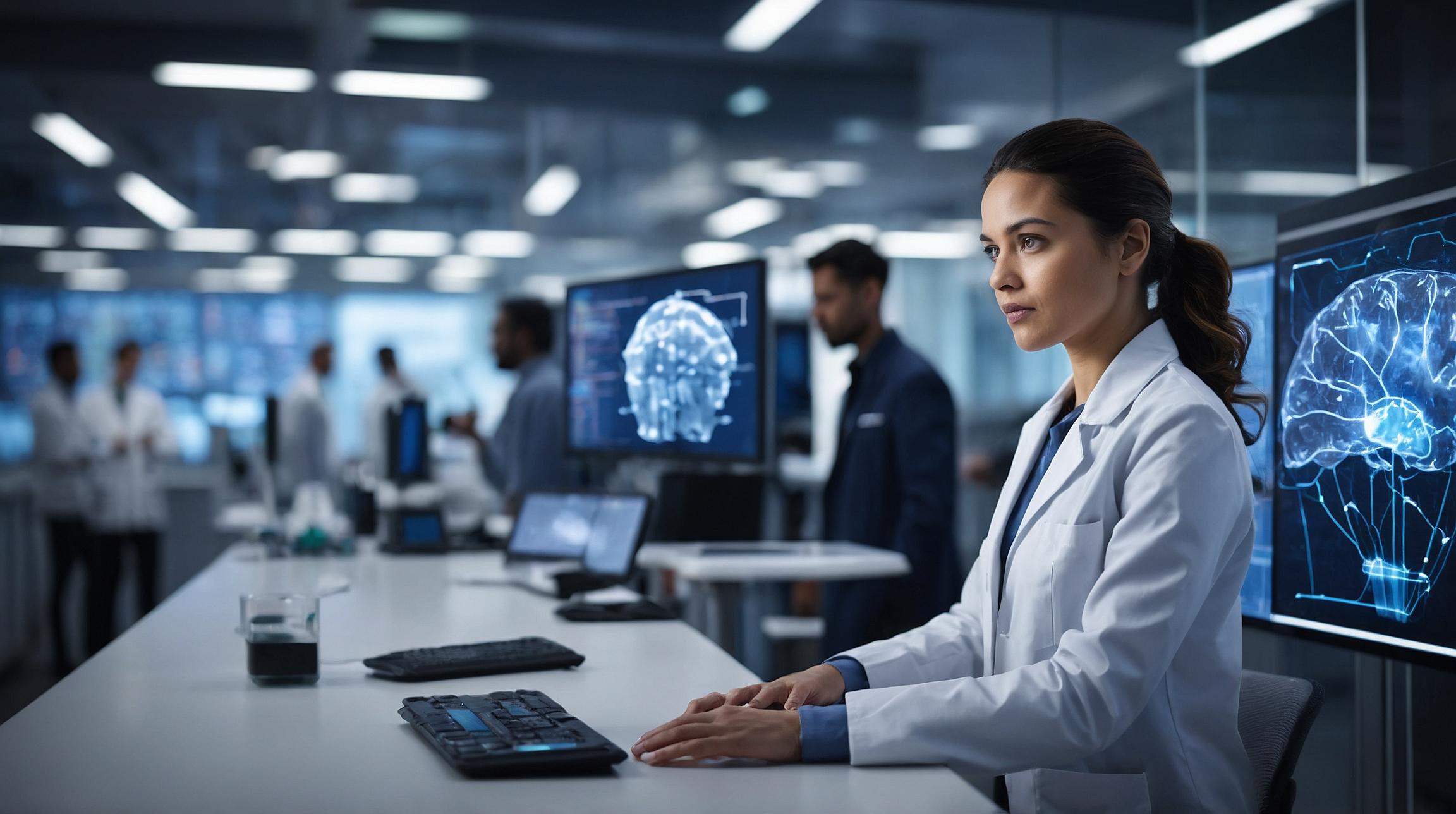The Impact of Artificial Intelligence in the Healthcare Industry
Artificial Intelligence (AI) has emerged as a game changer in many fields, and the healthcare industry is no exception. With its ability to analyze vast amounts of data, recognize patterns, and make predictions, AI is transforming the way healthcare professionals diagnose, treat, and prevent diseases. From virtual assistants and chatbots to predictive analytics and machine learning algorithms, AI is revolutionizing healthcare practices and leading to improved patient outcomes.
Improving Diagnosis and Treatment: How AI is Enhancing Patient Care
One of the key areas where AI is making an impact is in improving diagnosis and treatment options. AI-powered algorithms are able to analyze medical images such as X-rays, MRIs, and CT scans, to quickly and accurately detect anomalies and signs of diseases. This not only reduces the time taken for diagnosis but also enhances the accuracy of results, leading to more effective treatments. AI also assists in creating personalized treatment plans, taking into account individual patient characteristics, previous medical history, and genetic information, thereby improving the chances of successful outcomes.
Enhancing Patient Engagement: How AI-based Virtual Assistants are Empowering Patients
AI is also playing a significant role in enhancing patient engagement and empowerment. Virtual assistants and chatbots are being deployed in both clinical and non-clinical settings to assist patients in accessing relevant health information, scheduling appointments, and providing post-care guidance. These AI-powered virtual assistants are available 24/7, can converse with patients in a natural language, and provide personalized advice based on the patient’s symptoms and medical history.
The Power of Predictive Analytics: How AI is Revolutionizing Disease Prevention and Early Intervention
By analyzing vast amounts of data, AI-powered predictive analytics systems can identify patterns and detect early warning signs of diseases. This enables healthcare providers to take proactive measures for disease prevention and early intervention. For example, AI algorithms can analyze a patient’s medical history, lifestyle habits, and genetic information to identify individuals at high risk of developing certain diseases. This allows healthcare professionals to intervene early and provide targeted interventions to reduce the likelihood of disease onset.
The Potential Challenges and Ethical Considerations of AI in Healthcare
While the potential of AI in healthcare is immense, it is also important to address the challenges and ethical considerations associated with its adoption. Privacy and security concerns regarding patient data, biases in algorithms, and the potential for AI to replace certain healthcare roles are some of the critical issues that need to be addressed. However, with proper regulations and oversight, AI has the potential to revolutionize the healthcare industry and improve patient outcomes.
Conclusion
Artificial Intelligence is revolutionizing the healthcare industry, enabling more accurate diagnosis, personalized treatment plans, enhanced patient engagement, and proactive disease prevention. While there are challenges and ethical considerations, the potential benefits far outweigh the risks. The integration of AI in healthcare practices has the potential to save lives, improve patient outcomes, and transform the future of healthcare.
Analyst comment
Positive news: The Impact of Artificial Intelligence in the Healthcare Industry is a positive news because it highlights the transformative potential of AI in improving diagnosis and treatment options, enhancing patient engagement, and revolutionizing disease prevention and early intervention in the healthcare industry.
As an analyst, it can be predicted that the market for AI in the healthcare industry will experience significant growth as healthcare providers increasingly adopt AI technologies to enhance patient care, improve outcomes, and drive efficiency. AI-powered solutions such as virtual assistants, predictive analytics systems, and machine learning algorithms will become more prevalent, leading to advancements in healthcare practices and improved patient outcomes. This will create opportunities for AI technology providers and drive innovation in the healthcare industry.













